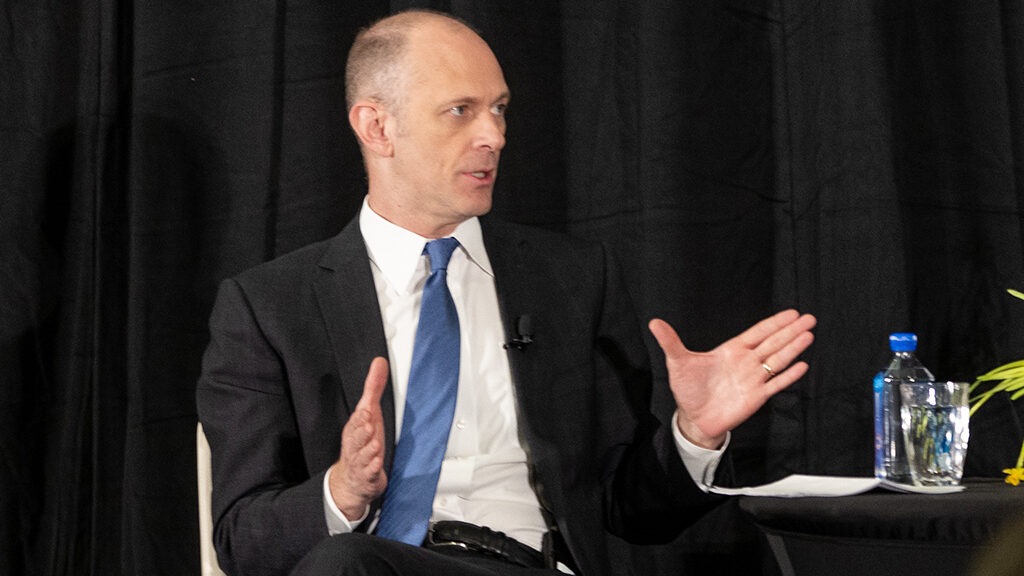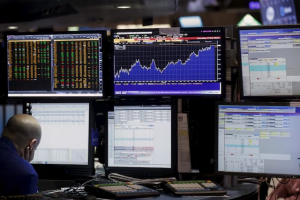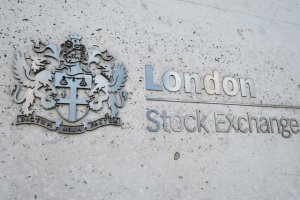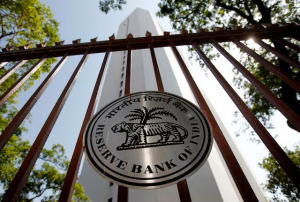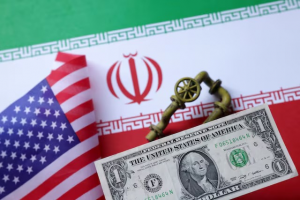In a media interview conducted with him on Wednesday, Federal Reserve Bank of Chicago member Austan Goolsbee indicated that it is difficult for central banks to estimate the repercussions of massive decisions like tariffs in general, although that might complicate the Federal Reserve's ability to accomplish its mission of reducing inflation to 2%. The main points made by Goolsbee were as follows: - Inflation is decreasing and is approaching the Federal Reserve's target of 2% so far. - If inflation rises or stops progressing toward the 2% target, the Federal Reserve will need to determine whether that is due to rising prices or tariffs. - Distinguishing the cause of any increase in inflation rates will be crucial to deciding when or even if the Federal Reserve should act. - Ignoring the potential consequences of new threats to supply chains, such as tariffs, when making interest rate decisions would be a significant mistake. - The experience during the COVID-19 pandemic shows that disruptions in the supply chain can have a substantial material impact on inflation. - The United States has a strong economy and reasonably full employment. - There are widely varying opinions on how much of the tariffs will be passed on to final consumer prices, and suppliers may have to absorb some costs. - These tariffs may be broader and higher this time compared to those imposed in 2018; and the impact could be greater and longer-lasting on the economy.
Markets
Related Posts
Markets
India cenbank announces reverse repo to arrest fall in overnight rates
Tuesday 24th June 2025
Markets
Exclusive: Central banks eye gold, euro and yuan as dollar dominance wanes
Tuesday 24th June 2025Commnets

